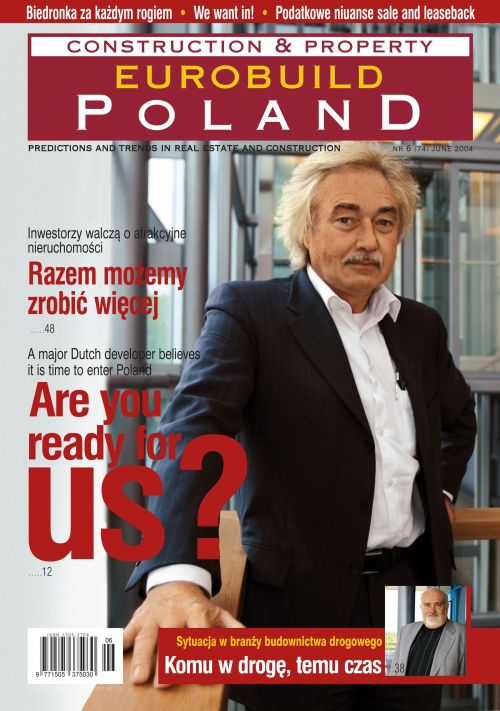Capital is forcing its way into the Polish real estate market everywhere
that you look. New investors are continually emerging to join those who have
operated here for several years such as Europolis Invest, Rodamco and
Heitman. The Akron Group fund was almost unknown until March, when it
purchased the Ghelamco portfolio in the Warsaw Służewiec district.
Information about Irish investors, acquiring yet another property in Warsaw,
appears every few weeks.
Enchanted circle
The demand for buildings in Warsaw is much greater than the supply, and when
that happens prices always rise and returns decrease. Norbert Czypionka,
vice-president of Deutsche Bank Real Estate Polska, which manages real
estate funds, admits that the decrease has been more rapid in recent months
than was expected. He adds that there are very few fully rented buildings in
Warsaw, with almost all proprietors still negotiating with potential
customers. On the other hand, Jacek




























































